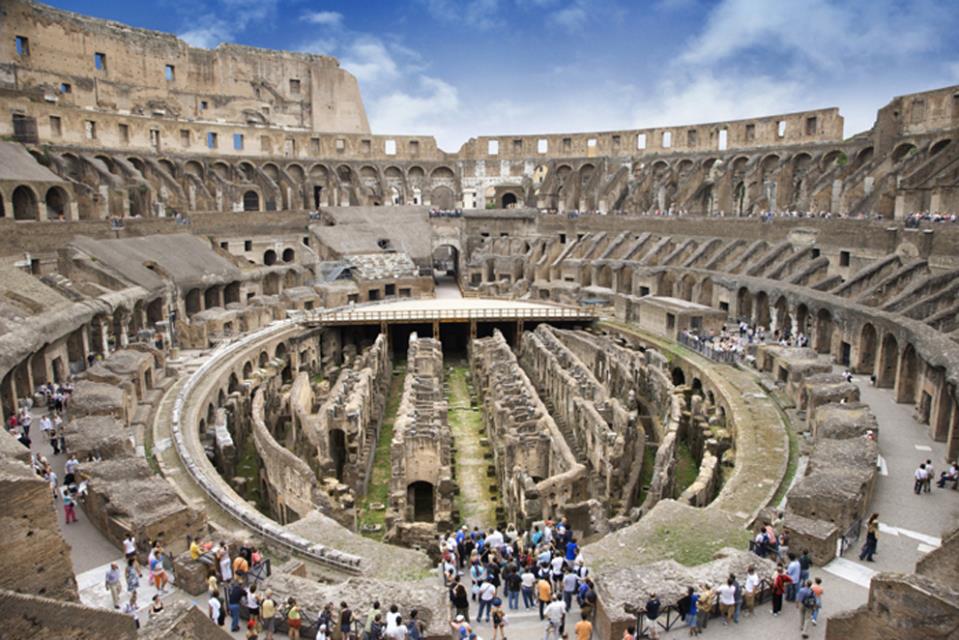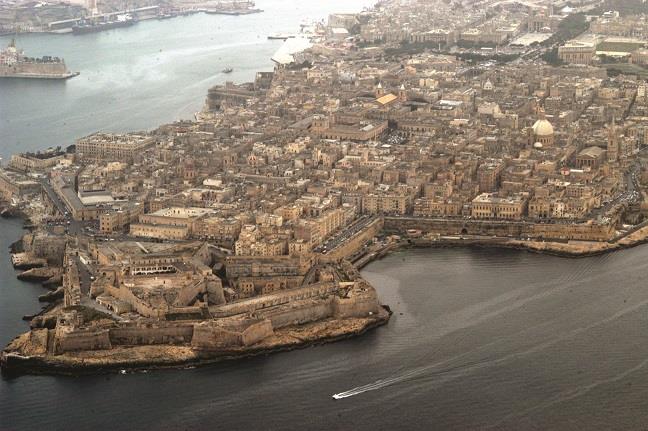In what may be oddly appropriate for a city built specifically to fend off foreign invaders, Valletta is one of the European capital cities that is least tolerant of foreigners, an EU survey shows.
But Valletta residents' attitudes towards the foreigners in their midst appear to be highly polarised: according to the same survey, they are also the most likely to strongly believe that their city's foreign residents are well-integrated.
The European capital that is most hostile to foreign residents - and by a wide margin - is Athens, which is at the top of the list on both counts.

A staggering 44 per cent of Athenians absolutely agreed that foreign residents negatively affect their city - a proportion far above that recorded in any other European capital.

Rome is ranked a distant second, with "just" 16 per cent of Romans arguing that foreign residents are detrimental to their city. Valletta is a close third with 15 per cent.
The most tolerant European capital appears to be Tallinn: just one per cent of the Estonian capital's residents believed foreigners are bad for their city. Just two per cent of residents in Copenhagen and Vilnius feel the same.
The figures show that there is little, if any, correlation between the proportion of foreign citizens in a city and the local population's opposition to them.
In the capital city with the highest proportion of foreign residents - Luxembourg City, with 63.8 per cent - just three per cent were convinced that foreigners had a negative effect, the same proportion as in the capital with the lowest proportion of foreigners, Warsaw (0.3 per cent).
In Athens, 17.6 per cent of residents are foreign, compared to 8.5 per cent in Rome and just 4.1 per cent in Valletta.

But a similar question, on whether foreign residents were well-integrated, suggests that the situation in Valletta is not as straightforward as one might think.
The survey shows that 28 per cent of Valletta residents believe that the city's foreign residents are well-integrated, a proportion only surpassed in Ljubljana (35 per cent). In Luxembourg - the only European capital where foreigners are a majority - 22 per cent of residents believed that this majority was well-integrated.
As explained above, Athens fares the worst: just three per cent of Athenians felt that foreigners were well-integrated. In six other European capitals - Berlin, Helsinki, Oslo, Rome, Stockholm and Vienna - only four per cent felt the same: but with the exception of Rome, only a small proportion of each city's residents strongly felt that foreigners badly affected their city.
The fact that residents of the capitals of Greece, Italy and Malta - three countries on Europe's southern border, and the first port of call for many asylum seekers making their way to Europe - did not escape the European Network Against Racism, which noted that this, along with the economic crisis, has fuelled xenophobia in the three countries.
"These countries are known for their restrictive migration policies and negative media and political discourses about migration," ENAR director Michael Privot said.
"As an example, Maltese policies include measures of systematic detention of asylum-seekers and undocumented migrants, who are treated like criminals and as a result often perceived as such by the population."